For the next few weeks, Dot Esports is profiling women working behind-the-scenes in esports. Each woman is an expert in her field, whether it’s navigating an emerging sector of the law, building out branding for their organization, or putting together some of the biggest esports events of the year. We’ll post a new profile each day, covering the women’s unique experiences in the esports industry.
The esports industry is growing. Once based near-entirely off grassroots involvement, esports could be a $1 billion industry by 2020, according to analytics firm Newzoo. As more money comes in, stakes get higher. That’s what’s exciting for esports lawyer Krista Hiner, an attorney with esports-focused group ESG Law. She’s at the forefront of the industry, helping behind-the-scenes in shaping esports—whether that means representing Overwatch League talent or major esports organizations like Cloud9 and OpTic Gaming.
“Esports is so new that it creates so many interesting legal questions,” Hiner said. “It’s one of the few industries in the country where a lot of the law is actually up in the air because there really have been no lawsuits. From a legal perspective, it’s kind of exciting to me that the law isn’t settled and we don’t know what’s going to happen.”
There is no one typical day for Hiner, who’s involvement in ESG Law involves drafting player contracts or acting as chair of the newly formed Esports Bar Association, which looks to set foundational standards for esports lawyers. At the heart of it all is Hiner’s investment in paying it forward to a new generation of esports attorneys; Hiner is the chair of the Esports Bar Association’s diversity committee and is committed to making esports a safe space for everyone.

This interview has been edited for length and clarity.
Can you give us an overview of your job and background?
I’m currently working as an esports attorney at ESG Law, which stands for Electronic Sports and Gaming Law. I believe we’re the world’s only esports-dedicated law firm. We’re definitely the first, but what that means is our entire focus is centered on esports. All the work that we do is for individuals and companies—but mostly companies—that work in esports. The majority of our clients are teams, like Team Liquid, TSM, OpTic, and a bunch of Overwatch teams, Overwatch casting and talent.
I’ve been working at ESG since the summer of 2017. My non-esports background is that I practiced law at an employment law firm in Saint Paul, Minnesota for seven years before that. On top of practicing [with ESG Law], I’m also one of the officers of the Esports Bar Association. Earlier this year, [we] formed a professional association for attorneys that work in esports to come together, work on initiatives such as a field publication committee that writes and publishes articles regarding esports and the practice of law.
We have a diversity committee, which I’m actually the chair of, which is in the process of launching some diversity initiatives for the inclusion of esports attorneys as well as inclusion in the legal profession. There’s a lack of diversity not only as far as gender inclusion goes, but racial and others. The legal profession is another industry that lacks a lot of diversity. We’re launching this diversity committee with the goal of expanding inclusion on a grander scale. That includes things like teaching education panels on diversity, and also a longer-term plan of putting together a mentorship program we can connect [people] with—people earlier in their career. We can encourage them, encourage women, people of color to get more involved.
What was your transition into esports like?
Gaming has always been a part of my life. I’ve been an esports fan for years. I graduated law school in 2010. Esports was nowhere near where it is now. There weren’t really these types of job opportunities. It wasn’t even on my radar—but with that said, I always knew I wanted to end up working in gaming. When I was working in employment law, I always had it in the back of my mind that I wanted to work in the gaming industry.
Esports is so new that it creates so many interesting legal questions. It’s one of the few industries in the country where a lot of the law is actually up in the air because there really have been no lawsuits. From a legal perspective, it’s kind of exciting to me that the law isn’t settled and we don’t know what’s going to happen. It’s cool to be at the heart of that.
I became aware of [ESG Law founder] Bryce Blum maybe six months or a year before he even started ESG. He was a lawyer working in esports and I thought that would be an amazing job. I connected with him in the middle of 2018, and when I heard he was hiring I chatted with him about about my experience and he was really interested in hiring somebody with an employment law background because it’s one of the many areas of law relevant to esports.
The reason I’ve mentioned my experience as a gamer is because a lot of what this job requires is a very solid understanding of the esports industry, things like roster sizes, understanding how buyouts work. And from an employment law perspective, a lot of the issues relate to the relationships between people. It’s how you manage people, how you deal with disputes. Esports and gaming has a very unique culture. That I have a good understanding of that really helps for a natural transition from my old job into the esports industry.
Working in esports is more than being a pro gamer. You can take games and apply it to many other industries, like law.
It’s really cool. I think that as time goes on, there’s going to be more careers that can be based entirely in esports that we haven’t thought about. When I graduated law school, this job didn’t exist. I never even dreamt it would be a thing. Now I’m doing it full-time. I think we’ll see more and more of that in professional careers.
I hope we see more women and people of color in those roles. The more we can increase the visibility, the easier it is to attract people. It makes people feel safer about entering the industry.
What’s a typical day look like for you?
For me, as with a majority of attorneys, my day includes a lot of interfacing with clients. It’s difficult to describe because a lot of people in esports work remotely. Your clients are all over the country, plus you have clients in different countries, too. We do a lot of work with our actual clients over the phone, over the internet. It seems like there’s always some esports event going on where people are scattered throughout the country and the world on any given day. We typically work from wherever we happen to be, wherever the work is taking us that day, but a lot of the actual stuff and the work we do is a lot of business advising for our clients, as well as contracts and internal corporate growth issues.
A lot of our clients I mentioned are team organizations and their entire business is based on fielding competitive teams. Part of what we do is working with our clients and with player agents and player attorneys, as well as coaches’ agents and attorneys, to come up with deals that are agreeable to both the team and the player or coach to enter into and bring that sum to the contract.
We do a ton of work with sponsorship deals, like when a client is sponsored by various companies. We were heavily involved with massive negotiation for Dallas Fuel’s Jack in the Box sponsorship. Any major sponsors we’ve probably been involved with.
With communications with those companies, you have to have a good understanding of what each league allows. Team organizations in the NA LCS or the Overwatch League are bound by the participation agreements for each league, and the participation agreements might have certain restrictions of your sponsorship on what terms you can and can’t agree to. When we’re doing something that involves a third-party, there are a lot of parts and we have to make sure that all legal language is harmonious with whatever the league operations allow or prohibit. It really involves a lot of time understanding and educating ourselves on what the operators do and don’t allow.
What else haven’t I covered in our day-to-day? Oh, we do a lot of player transfers and player buyouts, which is kind of the exciting part of our job from the point of an esports fan.
It sounds like your job incorporates a lot of different segments of law. Is it similar to how sports law works?
It requires understanding and practice in a lot of different areas of law. We’re a firm featuring esports law and we’re esports lawyers, but esports law isn’t a specific area of the law. It’s just the industry we’re in. It’s similar to sports law for the same reason. There’s no actual area of the law called sports law. That’s the industry you’re in and then if you’re working in sports you have to understand employment law, for example.
Esports is different like that, but I will say it’s even more expansive. Nobody owns football. In esports, somebody does own that video game you’re playing. There’s this added layer of legal issues that updates intellectual properties. So to answer your question, yes, it’s varied from other sports law in that you have to be comfortable practicing in a lot of different areas of the law.
What makes your job important to esports?
It’s important for players to have equal representation or an agent in order to help educate them and make sure they understand a deal before they sign a contract. What sets our firm apart is that we’ve represented so many organizations—and we have for a couple of years—so we can guide organizations that are trendsetters and shape the industry. I feel very fortunate that my firm is in the position that we’re not willing to work with an organization that has a philosophy of taking advantage of its players, or, for lack of a better phrase, screw over their players for their own benefit.
There are a lot of bad actors in esports. There are fewer and fewer of them as time goes on, but there still are many. Just Google the name Denial Esports and you’ll see a good amount of that. We have always taken a stance that we’re not willing to represent team organizations that have those sorts of philosophies. We’re not aware of that behavior for any of our current client list.
We’re able to ensure that we are guiding our clients in a way that not only benefits them and protects their interests, but furthers the health of esports as a whole.
Can you talk about your role in the diversity committee? And why it’s important for women to be involved in all aspects of esports—and beyond women, people of color and people from different countries?
As women, we connect so much with the issue of women in sports today. As a minority gender, I hope we’re more aware of other diversity issues [in the industry, too]. But to get to your question, it is important that we are seeing women—and I’ll just use women for the sake of brevity here—in all sorts of different roles in esports because until women are more visible in the industry, I don’t think we will see enough women and girls getting involved at a lower level.
The issues we see in esports are so complicated, but any industry is complicated. We’ve all seen the female-only esports competitions. People we watch and who run those competitions, their hearts are in the right place, but that’s not really the appropriate solution. They’re great because when we have a female-only esports competition, it allows for younger gamers and younger professionals, and they’re being interested in the industry. It allows for them to actually see more women in esports. It increases the visibility, which I hope encourages younger women and girls to get involved.
I think we—and I mean all of us in the industry, men and women—need to make sure that we are taking steps to subtly increase the visibility of women in esports, but also connect with women and girls that are younger or earlier in their career. Some examples of that would be LA Valiant’s “Be Valiant” inclusivity series. The inclusivity series is great. It included a girls’ gaming summit. It’s important because it involves connecting with the community and showing them that you can get into the industry. There’s room for you.
The Esports Bar Association, which I mentioned earlier with the diversity committee, has a long-term plan to create a mentorship program, where those of us who are further along in our careers are connected with people who are early in their careers, maybe law students or undergrad students. It’s not just seeing women or people of color, but my hope is that we’re able to generate interest in esports as a career among a demographic of people that’s representative of our country as a whole.


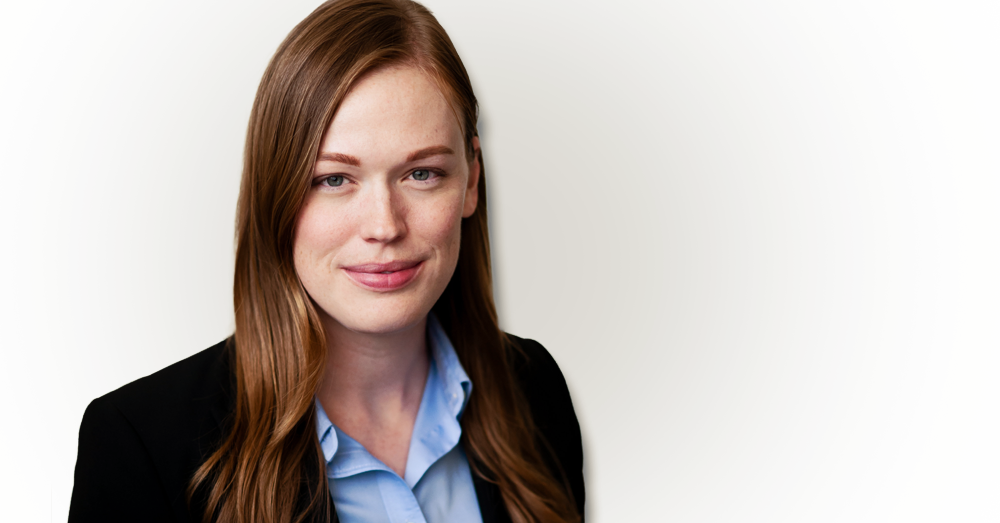
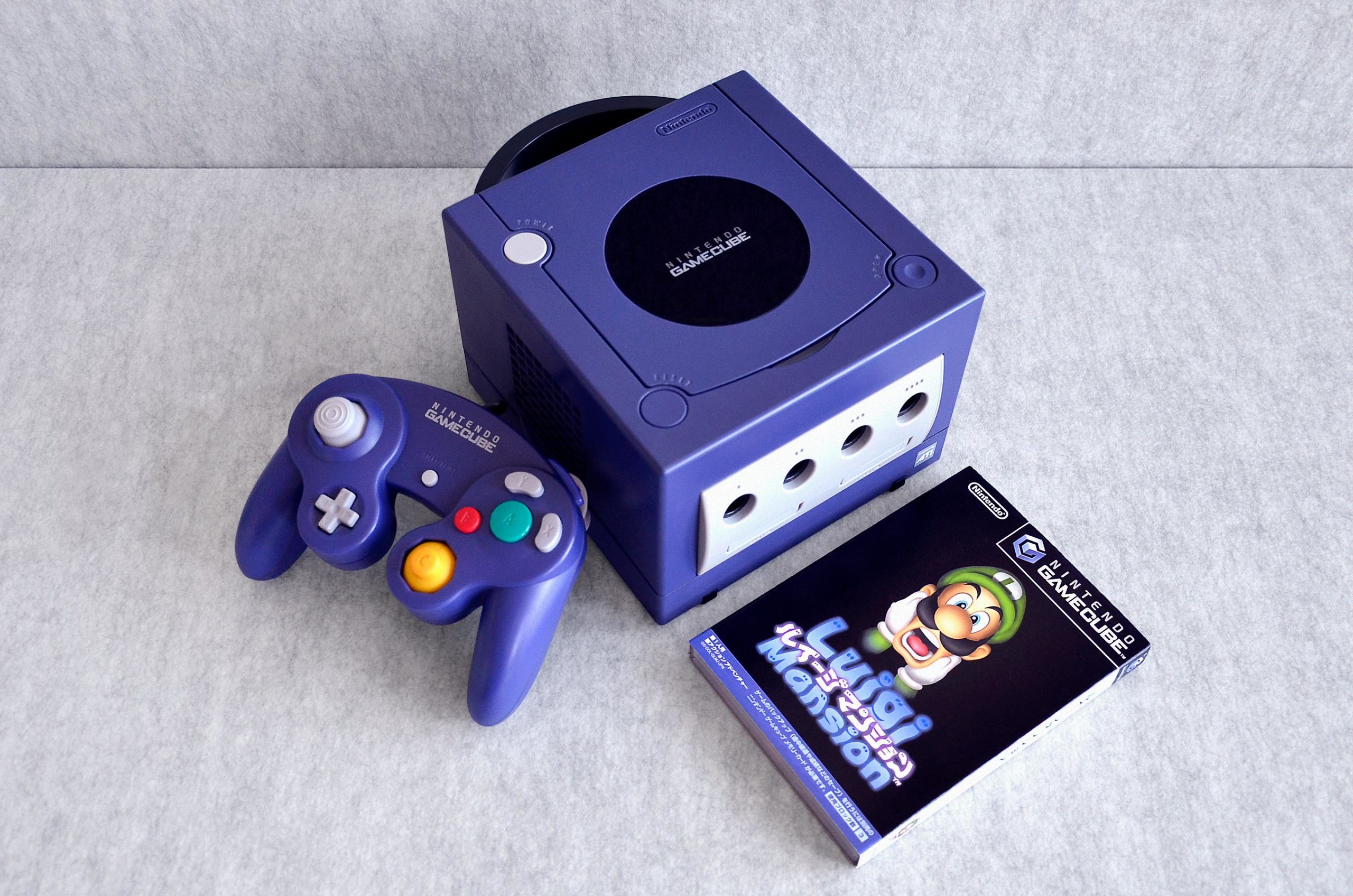
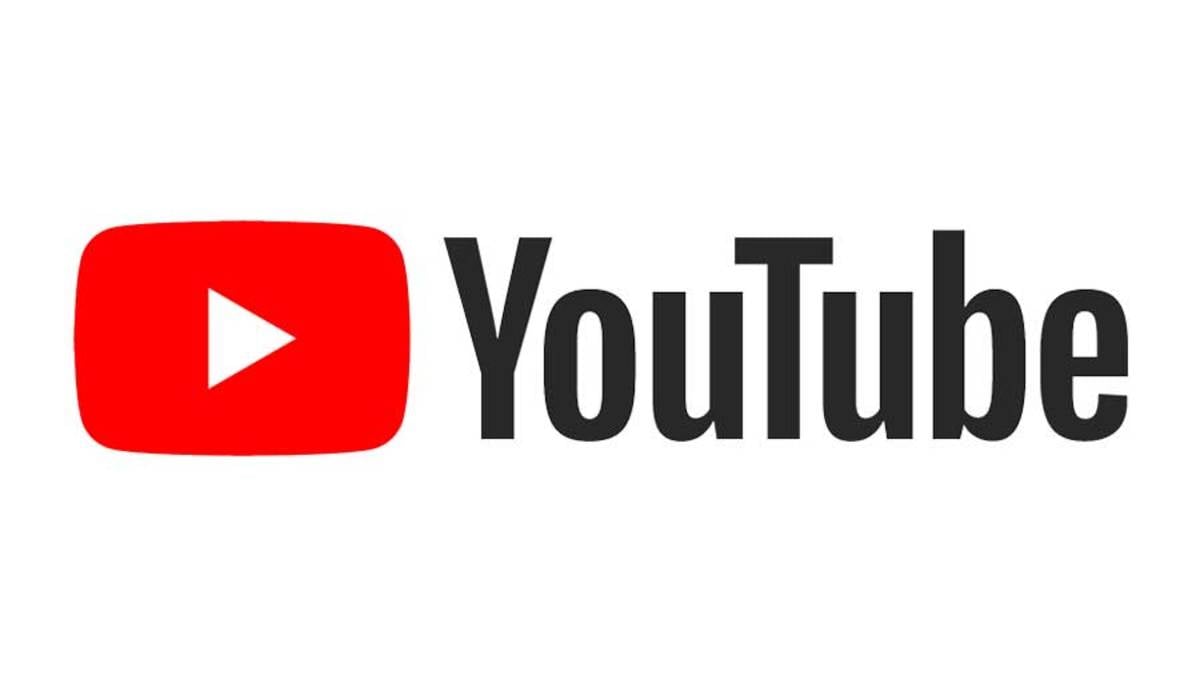
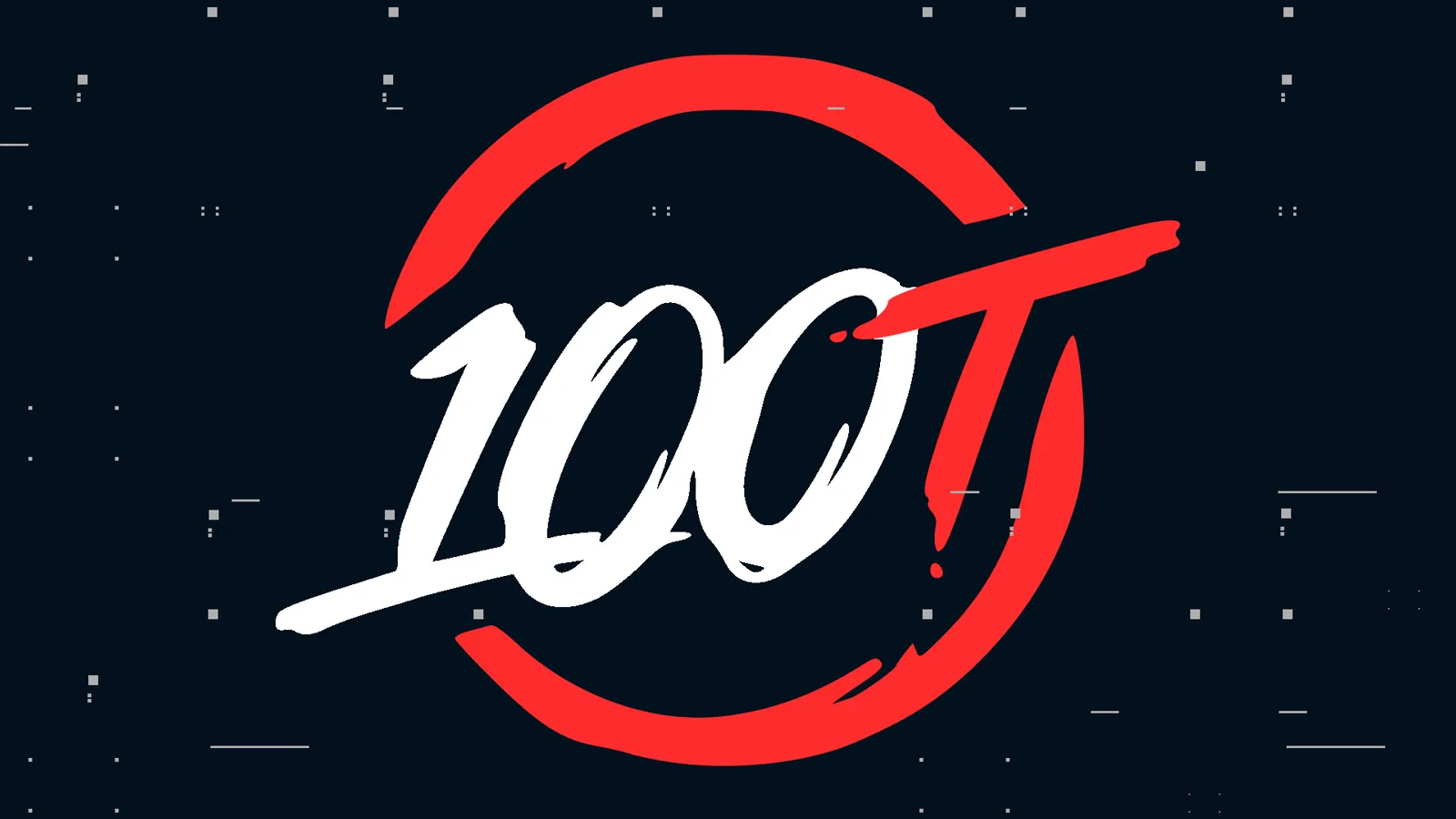
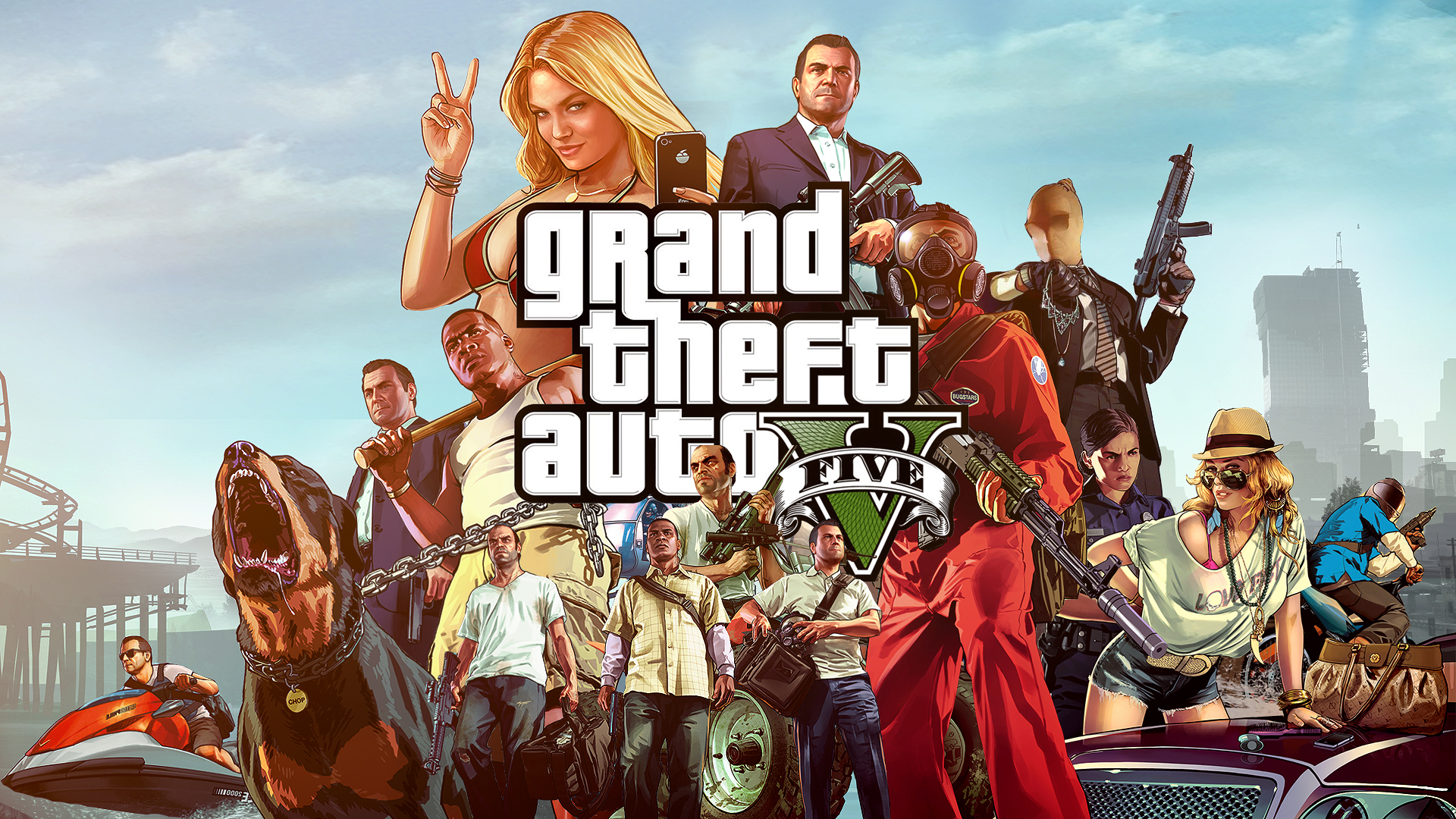


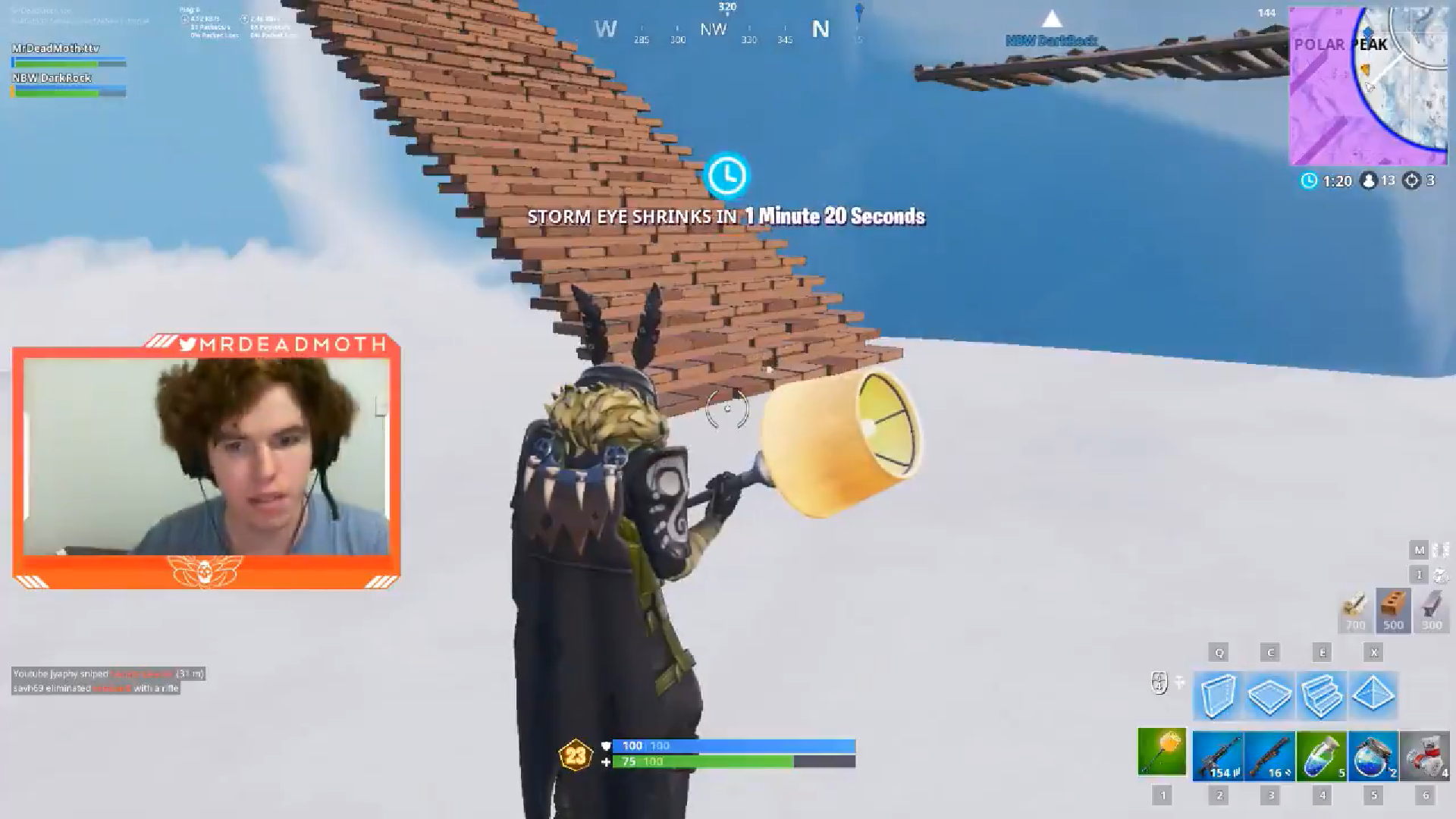
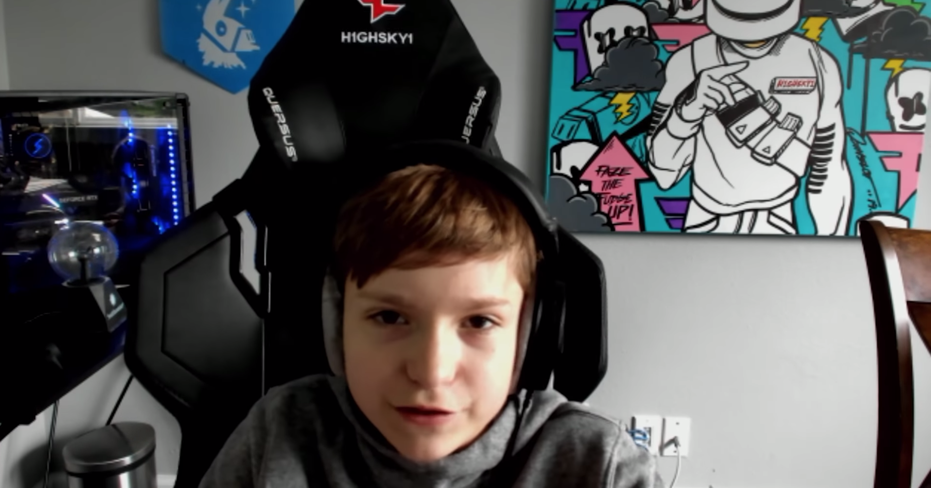
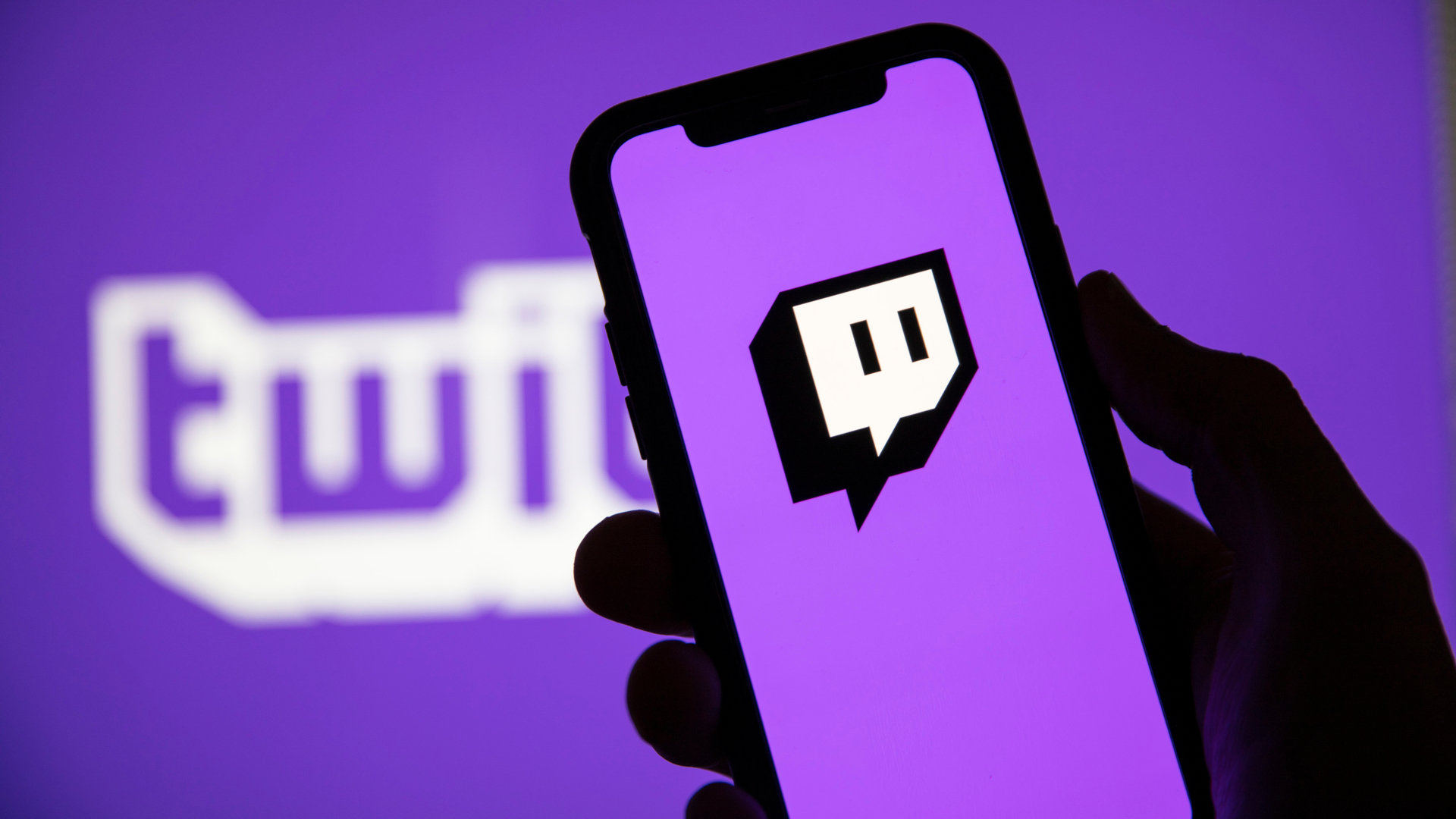
Published: Dec 21, 2018 02:15 pm